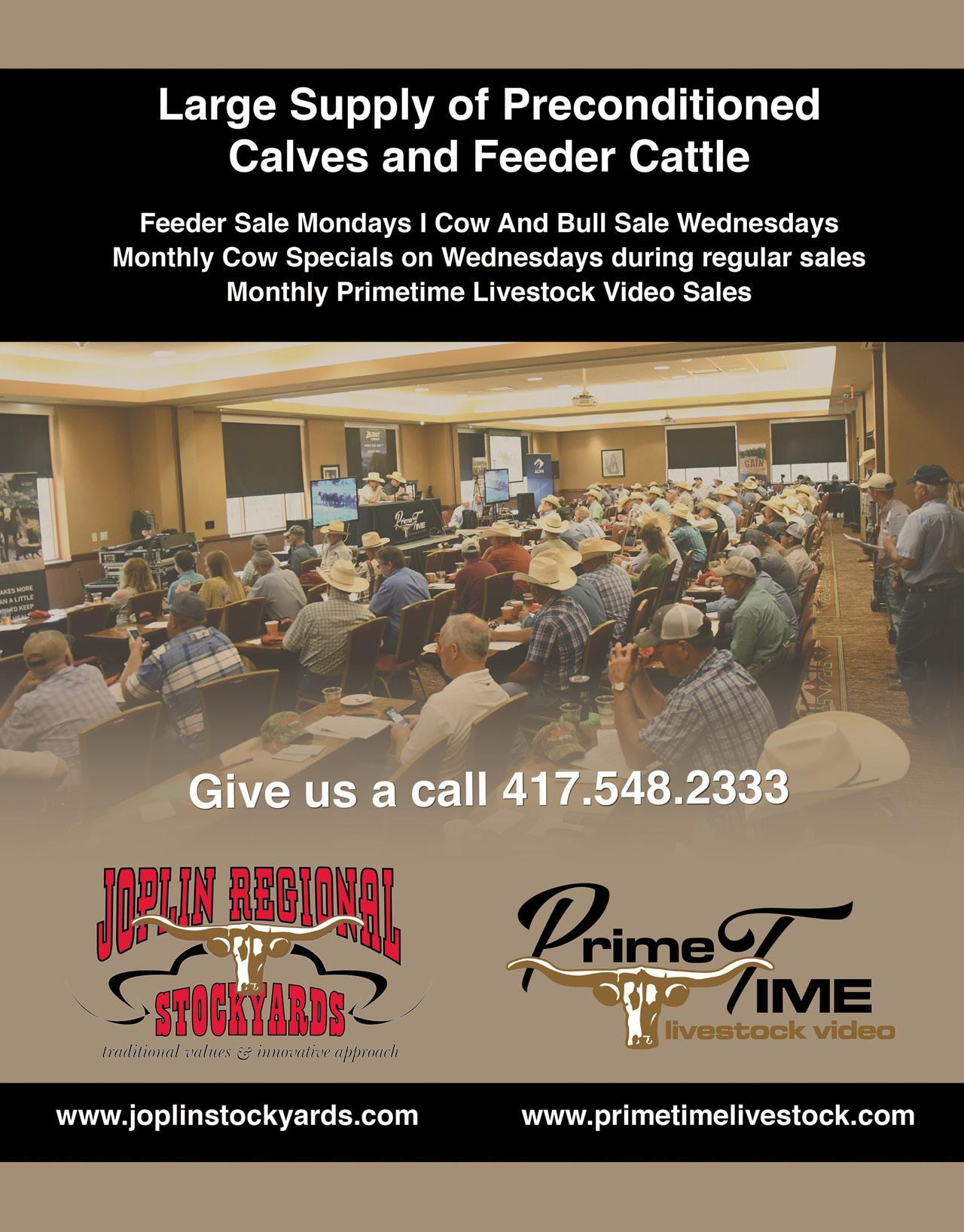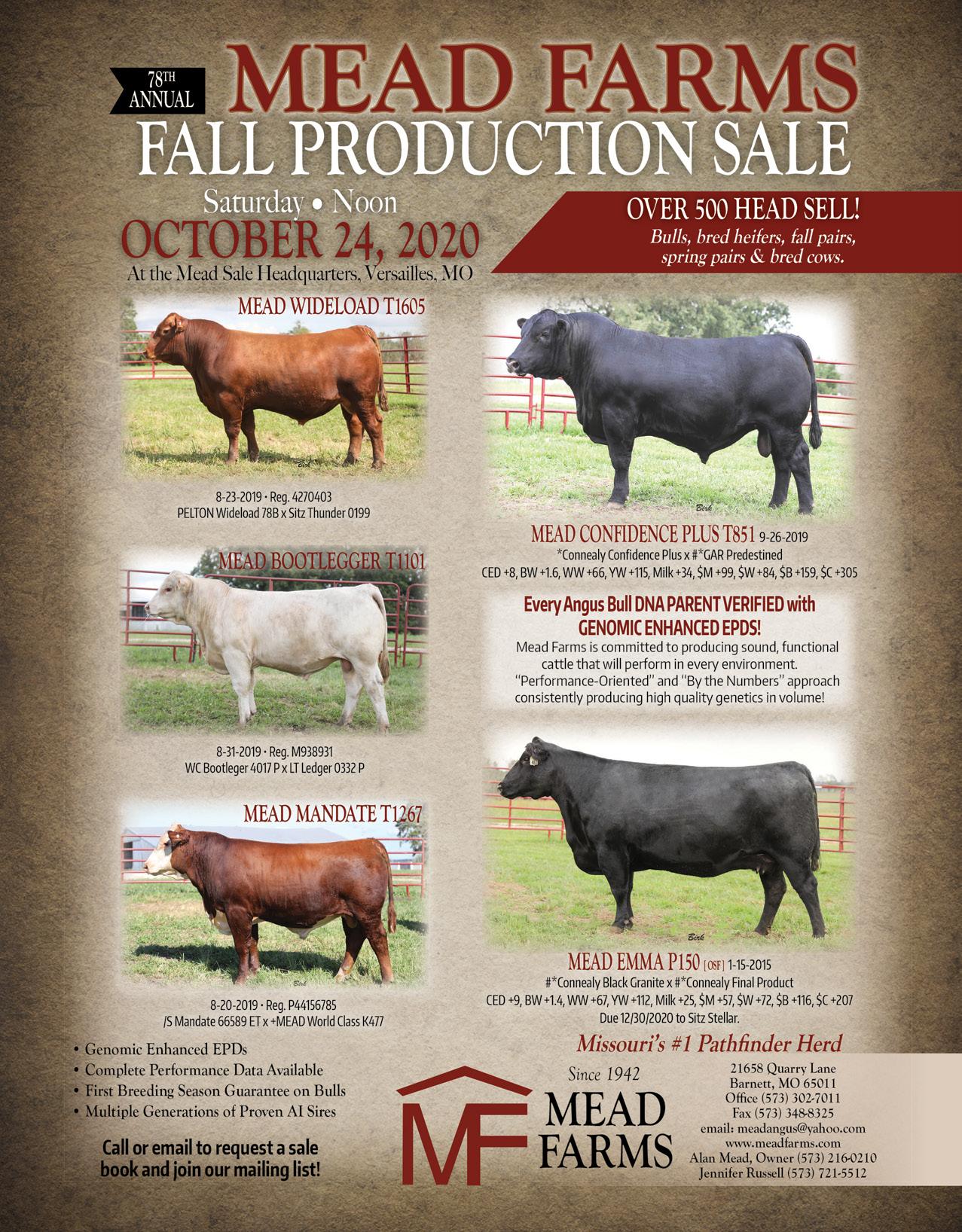
7 minute read
Straight Talk: Mike Deering
Straight Talk with Mike Deering
What We’re For
I am for standing your ground. I am for having faith in something that hasn’t happened yet. I’m for the underrated and the shy kid in the corner. I’m for loyalty and would drive 10,000 miles to help a friend. I am for soaking up wisdom when an old man speaks his mind. I am for the innocence of a child. That is a snippet of what I am for as a person. Notice how I never once mentioned what I am against. Give it a try.
People are generally quick to take a stand against something. Just take a look at Facebook. It is so easy to be against something and it gives a certain satisfaction to blow off some steam in a feisty rant. I get it. I am guilty. It is not as easy to take a stand for something. It is sometimes difficult to go against the grain and to stand for what you believe is right even if you are standing alone. It is one thing to say you are opposed, but it is uphill when you have to fight for what you are for. It takes courage.
We need to spend more time talking about what we stand for than we do ranting about what we are against. If people know what we are for then they will never have to guess what we are against. It will be made abundantly clear. That is the point of the policy survey on pages 9394, which will also be distributed electronically. We need feedback to ensure this organization is functioning as a member-driven organization. The grassroots process is a fairytale without your voice.
I understand it is easier to sit back and not engage in the policy process by filling out the survey, sending in ideas
Executive Vice President
for resolutions or attending the policy and resolutions session at our annual convention. It is easier to complain about a policy position taken by this association when it is too late than to ensure your voice is heard during the process. I am not being critical as we are all guilty of being silent until something happens that causes us to react. With that said, silence is compliance and I sincerely urge you to engage and to take ownership of our policy positions and of this association.
If you or your respective affiliate have ideas for new policy or amendments to existing policy, please send those to the MCA office or to your regional vice president. All expiring policies and new policy proposals will go through the association’s policy and legislative affairs committee and then sent to the general membership at the annual convention on January 8 for consideration. Speaking of convention, yes is the answer. We are absolutely, positively hosting the 53rd Annual Missouri Cattle Industry Convention and Trade Show January 8-10. To learn more, visit pages 96-98. Together, we will navigate the future and make clear what we are for as an association.

WASHINGTON (Sept. 17, 2020) – The National Cattlemen’s Beef Association (NCBA) and the Public Lands Council (PLC), this week celebrated the introduction of critical legislation that will modernize the Endangered Species Act (ESA) for the first time in close to 30 years.
Introduced by Senator and Chairman of the U.S. Senate Committee on Environment and Public Works (EPW), John Barrasso (R – Wyo), the Endangered Species Act Amendments of 2020 will improve the existing law by strengthening state and local partnerships, incentivizing voluntary conservation efforts undertaken by ranchers and other land owners, and defend the ESA’s delisting process for animals that have successfully recovered and no longer need protection. Through these changes and with targeted increases for specific areas of the ESA, the bill will improve species conservation and address key failures in the Act.
“This legislation is about improving an outdated law so that it meets current needs. It is about helping every American cattle producer that has lost a calf to a federally-protected bear or wolf, and for landowners who face stringent regulation that doesn’t meet the habitat needs on the ground,” said NCBA President Marty Smith. “Thank you to Senator Barrasso for taking on the big task of updating a law that is almost three decades old. I am glad to see a bill recognize that the best conservationists are the ranchers and farmers on their operations everyday taking care of the land and feeding the country.”
“For too long, ranchers have been forced to deal with an antiquated law that does not recognize the expertise or the conservation done by those who actually live, work, and manage our rangeland,” said PLC President Bob
CENTRAL MISSOURI SALES CO. 3503 S. Limit • Sedalia, MO Your Reliable Market In Mid-Missouri Certified Special VACC Calf Sales the 1st and 3rd Mondays at 2:00 p.m. Sale Every Monday at 11:00 a.m. 660-826-8286 Jay Fowler Cary Brodersen E.H. Fowler 660-473-1562 660-473-6373 660-473-1048
Skinner. “Ranchers are the original conservationists, and nowhere is that more true than in the West where millions of acres are managed primarily by ranchers whose daily presence on the landscape allows them to sound the alarm when species need additional help. This bill values the contributions of ranchers and other state experts who will develop stronger recovery plans together. Thank you to Chairman Barrasso for all the work he has done to fix a bill that was in dire need of updated tools.”
Background
The Endangered Species Act Amendments of 2020 empowers states to lead recovery planning, implementation planning, recovery teams, and implementation teams if states determine they have the appropriate capacity. The bill also requires negotiation with states prior to releasing an experimental population of a species and to give input from state experts “full and fair consideration” as the federal agencies implement ESA protection measures.
Voluntary conservation measures are key to the success of ESA recovery efforts, and the bill allows federal agencies to consider certain voluntary conservation measures as regulatory mechanisms under the ESA. This means that voluntary conservation measures undertaken by ranchers and landowners will be factored in to ESA determinations and recovery plans. It includes provisions to enhance the federal-state conservation partnership, and to encourage conservation through regulatory certainty, increased transparency, and resource prioritization.
The bill also codifies a prioritization system developed and implemented by the Obama Administration that has generally received broad support across the political spectrum. The prioritization system addresses listing petitions, status reviews, and proposed and final determinations, based on the urgency of a species’ circumstances, conservation efforts, and available data and information in order to determine which species are the most imperiled and should be prioritized higher.
Notably, the bill also reauthorizes the ESA for the first time in almost thirty years. It increases the authorization of appropriations by approximately 15 percent over currently appropriated levels which have largely been adjusted only for inflation, and focuses funding on recovery plan implementation and voluntary conservation efforts by private landowners.

Young Cattle Producers Can Get More Out of 2021 Cattle Industry Convention in Nashville
Students can interact, gain experience through internships
CENTENNIAL, CO (September 9, 2020) – A fun, rewarding and engaging opportunity is available for college students wanting to attend the 2021 Cattle Industry Convention and NCBA Trade Show in Nashville, Tennessee, Feb. 1 – 5, 2021. A team of interns – vital to the success of the largest annual meeting in the U.S. beef cattle industry – will gain first-hand experience and be able to interact with leaders of every segment of the cattle and beef industry. Up to 18 interns will be selected for this opportunity. They will be assigned to help many different staff members and attendees with meetings and events and should be prepared to handle a wide range of responsibilities, from setting up the indoor arena, assisting at committee meetings and Cattlemen’s College to posting on social media and contributing in the NCBA booth. NCBA will strive to provide students time to maximize industry networking.
Students must be able to work January 31 – February 5, 2021 in Nashville. They must be at least a juniorlevel college student at an accredited university at the time of application. Preferably they will have a background in, or working knowledge of, the cattle and/or beef industry, and must have a minimum 3.0 GPA. Students should be well-versed in all areas of social media.
Interested students must complete a Student Internship Application and send college transcripts, two letters of recommendation and a resume. Deadline for applying is Oct. 23, 2020.







